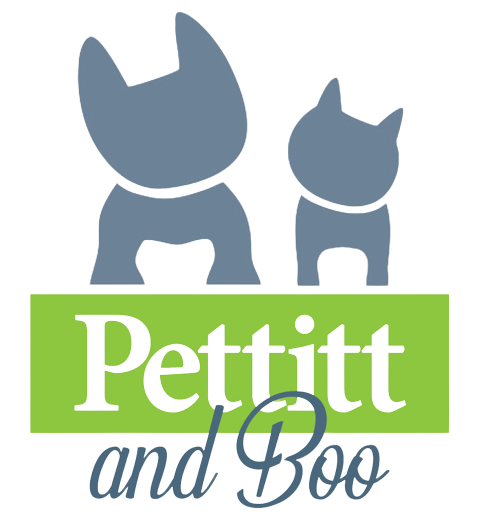OK, so that wasn't EXACTLY what the man said, but that was what was inferred... I'll explain the whole story.
A man popped into the shop as his small dog had been suffering from hunger pukes, for which he had visited the vet multiple times. The vet had eliminated anything serious and over the course of several visits, had 'prescribed' very expensive 'prescription diets'. The customer said the dog was clearly not enjoying the food at all, regularly rejecting the food and walking away. He had been to a large pet food shop, where they had also pointed him in the direction of various bags of expensive kibble.
Then the vet had recommended he tries feeding chicken and rice.
Rice.
Now before I start listing the multitude of reasons why rice is NOT a great food for dogs, let me just caveat that I think vets (most of them) are absolute heroes. They will have studied for many years and can rescue our pets from the brink of serious danger in so many situations. One of mine and Ade's very good friends is a retired vet and she is a super-brain when it comes to so many aspects of the anatomy of cats, dogs, gerbils, snakes... I'm regularly amazed by her knowledge.
So, back to our gentleman customer with the poorly terrier. Why would his vet suggest he feeds rice? Let's list the problems with rice first of all:
1) Dogs do no not digest rice too well. It takes a lot of work for the body to break down.
2) Rice is a carbohydrate. We know that dogs have little nutritional requirement for carbohydrates in their diet.
3) White rice has a high glycemic index, meaning it will cause a rapid spike in blood glucose levels.
4) White rice is far too starchy to be part of any dogs daily diet, let alone when it is suffering GI tract inflammation.
So I took the time to explain each of these points to the gentleman, detailing the digestive process for a dog, the enzymes that exist in the dogs digestive tract and how, really, a large quantity of white rice isn't a great choice for a dog with a poorly tummy.
"So you know more than my vet do you?"
OUCH!
So why was the vet suggesting rice? Unfortunately, the big commercial dog food companies (you know the types: Hills, Pedigree, Purina et al.) manage to sponsor a lot of the veterinary training courses. And when they are manufacturing their foods, they LOVE to use rice as a filler in their products because it's a heck of a lot cheaper than putting in more of the expensive meat.

There are some benefits to BROWN rice, but in low quantities, rather than when it is included at such a high percentage of the dogs overall diet. But the vet had not specified brown rice. In cooked brown rice, it is the outer layers of the rice grain which contain the nutrients that a dog can benefit from. White rice has none of these layers so it is just acting as a filler that is not providing any nutritional benefit to a poorly dog.
Do we know more than vets?
In short, no. I think I regard vets as the GP's of the animal world, understanding a massive spectrum of ailments for a wide variety of different animals. Whereas at Pettitt and Boo, we study just digestive systems in cats and dogs. We can identify a raw-fed dog poo at 50 paces and we will often wax lyrical about how wonderful tripe is. We refuse to be bribed by the big-boy commercial food makers and our product range is very scrutinised.
And we continue our learning and understanding of the digestive tracts of dogs with vigour, as that's our specialism.
Freedom of Information Requests were made to several Universities that offer Veterinary Science courses. These revealed that financial agreements were made between the Universities and large pet food companies (Nestle, Mars & Colgate Palmolive). These agreements can be reviewed on the following links:
- Correspondence between The Royal Dick School of Veterinary Studies (Edinburgh) and Pedigree Master Foods. 1993-2003. Disclosed as result of FOI request. Link
- Correspondence and contract between The Royal Dick School of Veterinary Studies and Royal Canin. 2006. Disclosed as result of FOI request. Link
- FOI request disclosure from Liverpool University. 2006. Link
- FOI request disclosure from Bristol University. 2005. Link
- FOI request disclosure from Bristol University. 2007. Link
- Memorandum of Understanding and invoices between Hill's Pet Nutrition and University of Sydney. 2013. Link
- Agreement between Hill's Pet Nutrition and University of Melbourne. 2017-19. Link
- Agreement between Hill's Pet Nutrition and University of Melbourne. 2017-19. Link
Correspondence examples:



